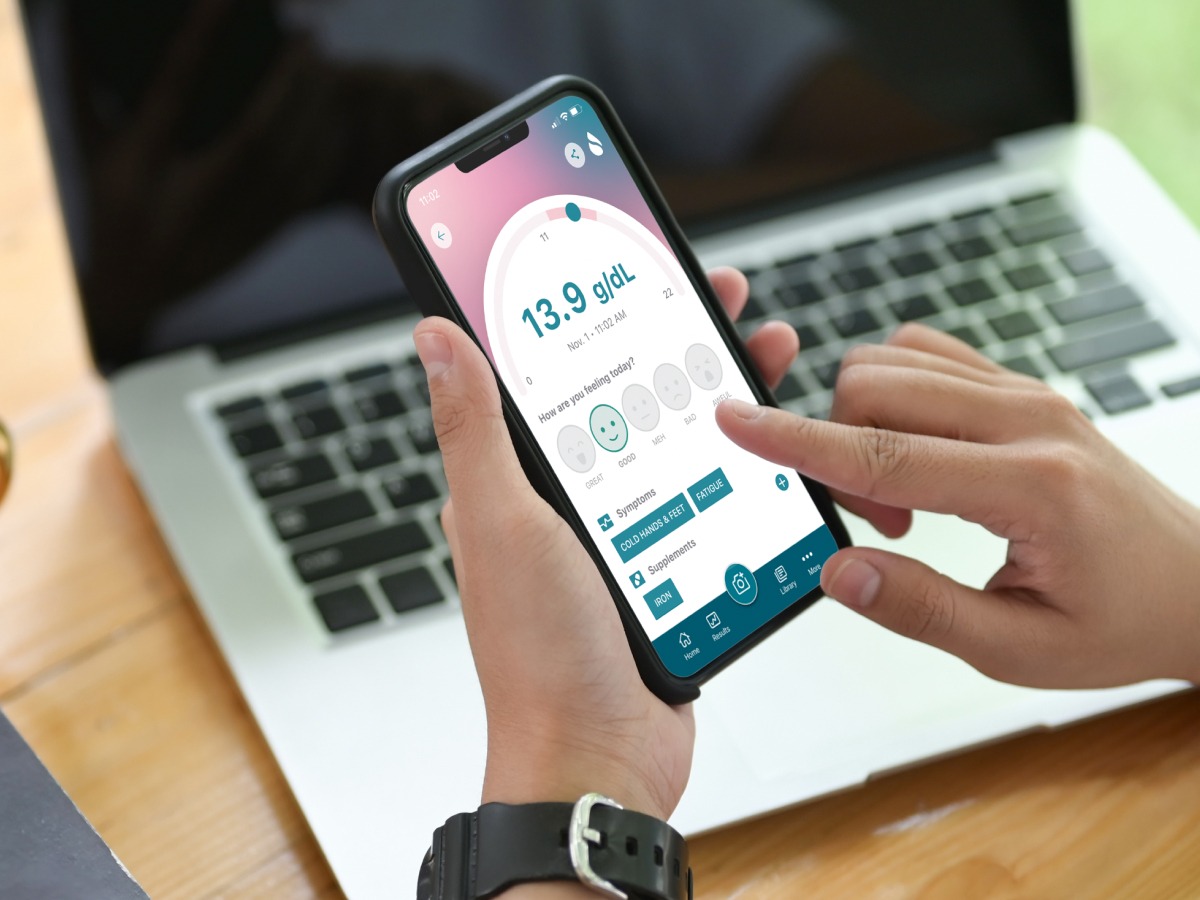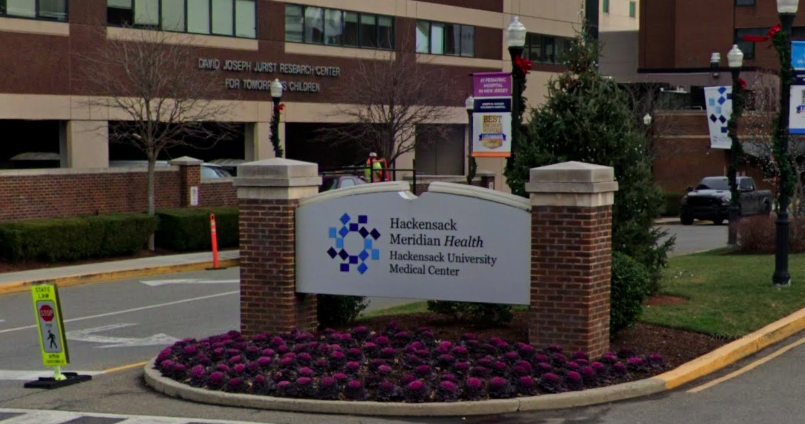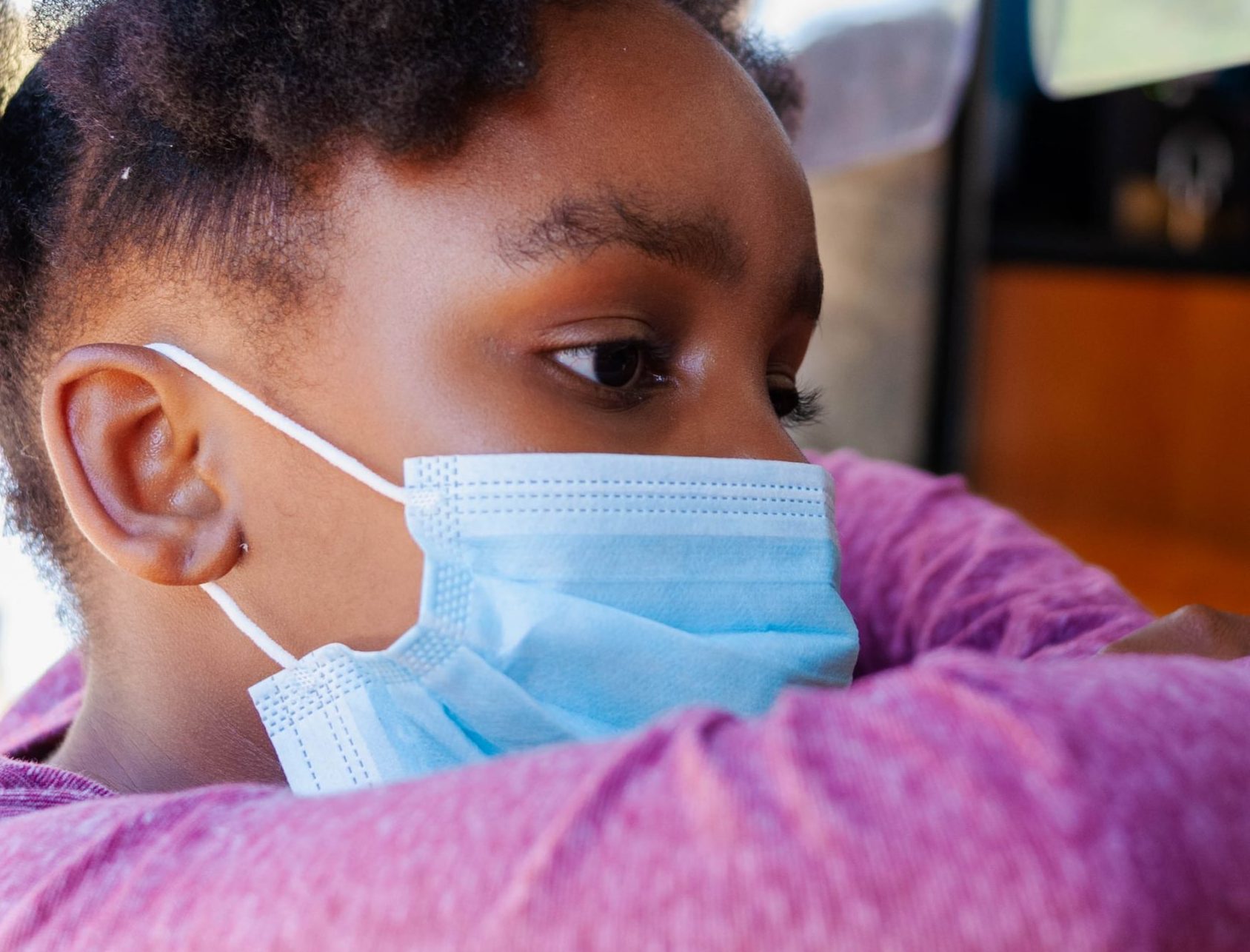Living with anemia isn’t easy. When the body doesn’t have enough healthy red blood cells to carry adequate oxygen to the body’s tissues, the person usually ends up suffering from chronic fatigue. Patients with iron deficient anemia need to monitor their hemoglobin levels regularly to make sure their body can function properly, which requires frequent trips to the doctor’s office, lab results, and lots of needle pricking.
But a new app called AnemoCheck Mobile hopes to change that. It allows patients to quickly check their hemoglobin levels at home – no needle required.
A Better Way to Live with Anemia
The app was developed by a wellness and diagnostic company called Sanguina. The company’s co-founder and CEO Erika Tyburski has been living with anemia since she was a child. After decades of having her blood analyzed at the doctor’s office, she set out to create an app that would help streamline the testing and disease management process.
“Growing up, I frequently passed out in school and was taken to the emergency room – just to learn that my hemoglobin levels were low. Throughout my life, I craved a solution that would give me the flexibility and insight needed to prevent this from happening over and over again. This laid the foundation for Sanguina,” Tyburski said.
Studies show anemia affects around 1.6 billion people. That’s nearly 25% of the world’s population. Women, especially pregnant women, seniors, vegetarians/vegans, and athletes tend to be particularly vulnerable to the condition.
Anemia is often characterized by pale skin caused by a lack of red blood cells. Instead of having their blood drawn, patients can use the AnemoCheck Mobile App to quickly check their hemoglobin levels at home. The app uses the device’s built-in camera to measure the paleness of the nail bed, a strong indicator of hemoglobin levels. The patient takes a photo of their unpolished fingernails and uploads it to the app. It then produces an estimate in just a few seconds. Patients can quickly share the results with their loved ones and medical providers.
Sanguina uses a non-invasive hemoglobin estimate called “Iron Grade”.
The app was first launched in 2020, but the company recently released it to make it more user-friendly. The new version features better algorithms that produce more accurate results and a food, mood, and supplemental tracker to support healthy eating and better disease management. If the person feels fatigued or notices a change in mood, their hemoglobin levels may be dipping.
The app was created through a multi-institution collaboration with the Georgia Institute of Technology, Children’s Healthcare of Atlanta and Emory University, led by biomedical engineers Erika Tyburski, Wilbur Lam, MD, Ph.D., and Robert Mannino, Ph.D
The company’s findings have been peer-reviewed by several notable journals, including BMC Medicine, Nature Communications, and The Journal of Clinical Investigation.
Tyburski says the app isn’t meant to replace medical care, but it can help patients stay in control of their anemia.
“Although Sanguina’s AnemoCheck Mobile should never be used to replace a physician or to make a diagnosis, it allows users to take affordable, instant, proactive, and accessible action toward bettering their health wherever, whenever.” Tyburski added.
“On a broader scale, we want to offer AnemoCheck Mobile to people outside of the U.S. like in Southeast Asia and Africa, where many may have Wi-Fi access but don’t have medical support within their communities. Because our technology is accessible, we have the potential to make a significant impact to improve the quality of life in global populations.”
She believes the app can make a difference in the lives of those living outside of the U.S., including Southeast Asia and Africa, where many may have Wi-Fi access but don’t have medical support within their communities.
Patients and providers can download the AnemoCheck Mobile App on the Apple App Store or Google Play Store for free.




